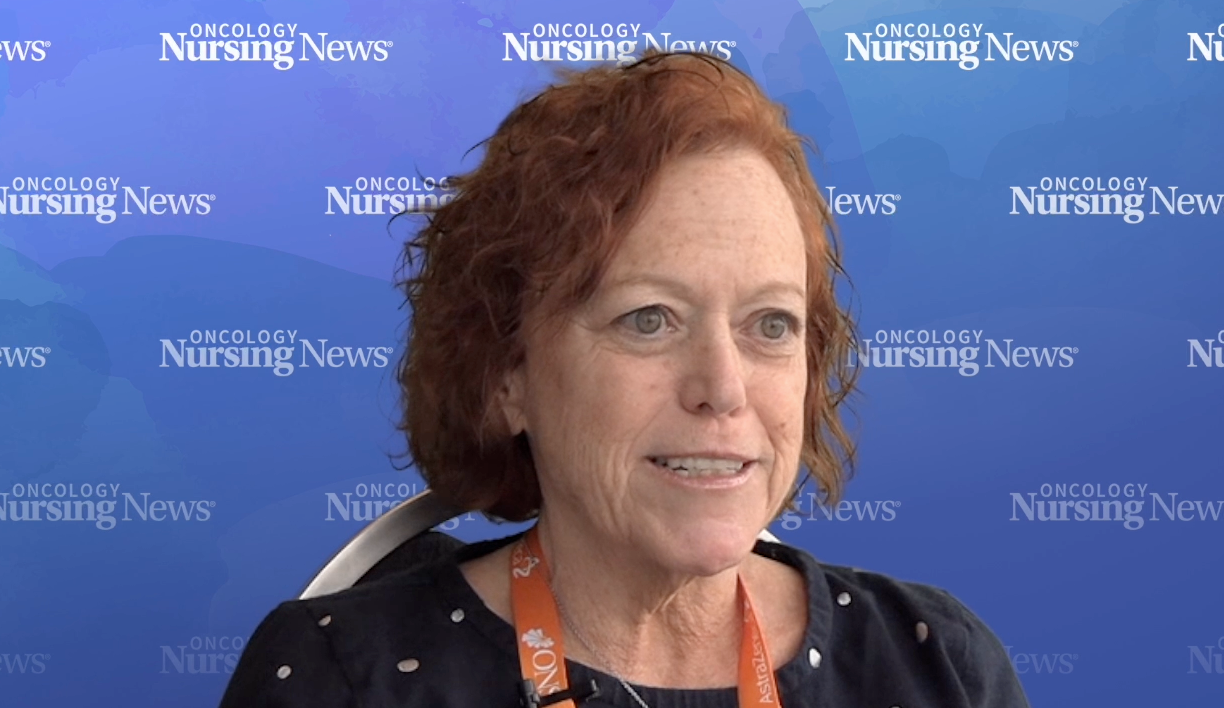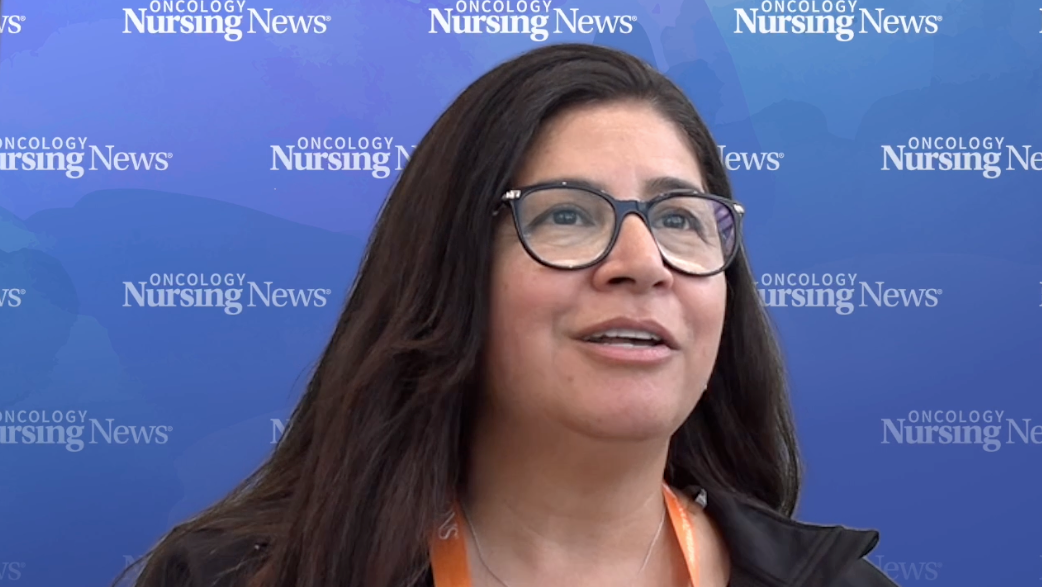Nurse-Driven Orders May Expedite Tocilizumab Administration for CRS
Establishing a nurse-led system to administer tocilizumab in patients receiving bispecific antibodies tended to get the immunosuppressive drug to patients faster.
Since patients experiencing cytokine release syndrome (CRS) tend to have better outcomes when administered tocilizumab (Actemra) soon after symptom onset, a group of clinicians from Hackensack Meridian Health established a nurse-driven order for the immunosuppressive drug in patients being treated with bispecific antibodies.
Findings from their intervention were presented at the 49th Annual ONS Congress.
The use of bispecific antibodies for blood cancers — namely lymphoma and multiple myeloma — has grown over the last year. While these drugs are promising for the treatment of hematologic malignancies, they do come with a risk of CRS.
READ MORE:T-Cell Engagers Take Center Stage in Large B-Cell Lymphoma
“As a team, we decided that while tocilizumab falls under the umbrella of chemotherapy biotherapy, for which verbal orders should not be accepted per ONS guidelines and per Hackensack guidelines as well, we wanted to come up with a way that kind of still acts that way, but allows verbal orders to also be part of the workflow,” lead study author, Andrea Wagner, M.S.N., RN, OCN, an oncology clinical nurse specialist at Hackensack Meridian Health, said in an interview at the congress.
Wagner and colleagues established a system where patients consent to receiving tocilizumab upon admission for their bispecific antibody treatment. They also established a physician communication order on admission orders. This states that once it was confirmed that a patient had CRS, the nurse would be able to put in the order for tocilizumab with the proper dosing based on the patient’s weight.
With this new nurse-driven process, the majority of patients (82%) were given tocilizumab within 1 hour of the order entry — an increase from the 60% of patients who received tocilizumab within an hour after physicians or advanced practice providers placed the order entry.
“This really capitalized on getting the patient the drugs that they needed in a timely manner so we did not have any medication errors using the protocol or in general, which is good,” Wagner said.




